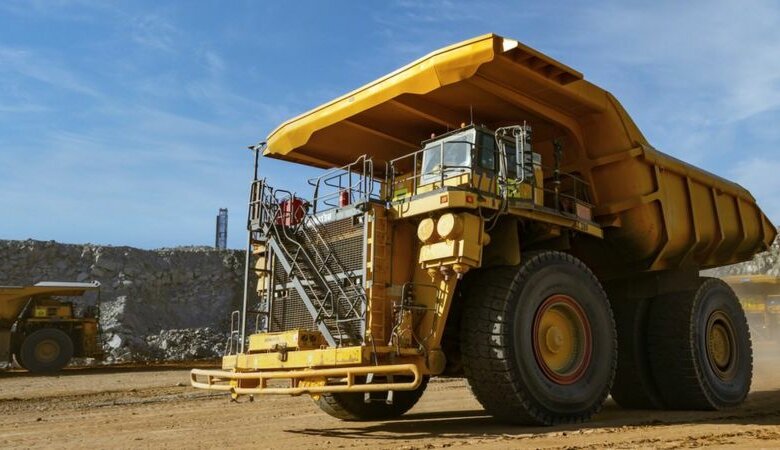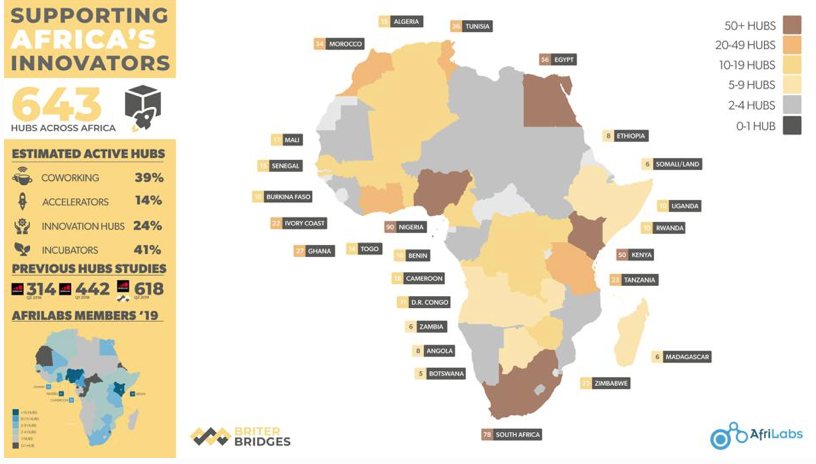Carbon Emission: Miners Test Hydrogen to Power Giant Trucks

The enormous mining truck, a first of its type, is being tested at the Anglo-American firm in Mogalakwena platinum mine in Limpopo, South Africa.
The truck, which is expected to hit the market in early 2022, will be hybrid, with a hydrogen fuel cell supplying around half of the power and a battery pack providing the other half.
Instead of a diesel tank powering the motor, hydrogen enters the fuel cell and reacts with oxygen to form water in a chemical reaction catalysed by platinum, generating the electricity needed to power the wheels’ motors.
With a weight of 220 tonnes, they may consume 134 litres of fuel every hour. It’s no surprise, however, that mining corporations are concentrating their efforts on these vehicles as a first step toward lowering their carbon impact.
Anglo American is converting a mining transport truck using hydrogen power technology in partnership with numerous partners. The trucks also capture regenerative energy generated by braking and travelling downhill, which is stored in the battery and enhances the vehicle’s range.
Read Also The Cost of Starting a Business in Countries around the Globe
With partners Engie, NPROXX, First Mode, Williams Advanced Engineering, Ballard, ABB, Nel, and Plug Power, Anglo is developing the vehicle. However, lowering the mining industry’s carbon impact is a difficult undertaking.
According to Davide Sabbadin, senior policy officer for climate and circular economy at the European Environmental Bureau, the construction sector accounted for 36 percent of global final energy use and 39 percent of energy-related CO2 emissions in 2017, (EEB).
According to him, the sector will need to cut its energy use by a third to comply with the Paris Agreement. Hydrogen-powered trucks are a promising start, but they need more scrutiny, according to Diego Marin, the EEB’s assistant policy officer for environmental justice.
Read Also Investment Totalling $11.8trillion Required in African Oil Sector – OPEC
Anglo American claims it will go to great lengths to achieve carbon neutrality by 2040. Its hydrogen-powered hauler employs green hydrogen, which is created by electrolysis by splitting water atoms into oxygen and hydrogen.
The EEB is cautious about this as well.
“We should refrain from presenting hydrogen as a technological solution to all problems… all forms of hydrogen come at an environmental cost – water use, impacts on nature,” says Mr Sabbadin.
The EEB also points out that hydrogen power has a shorter storage life and is significantly more expensive to create than other renewables.
Source: BBC
Abeeb Lekan Sodiq is a Managing Editor & Writer at theafricandream.net. He is as well a Graphics Designer and also known as Arakunrin Lekan.





